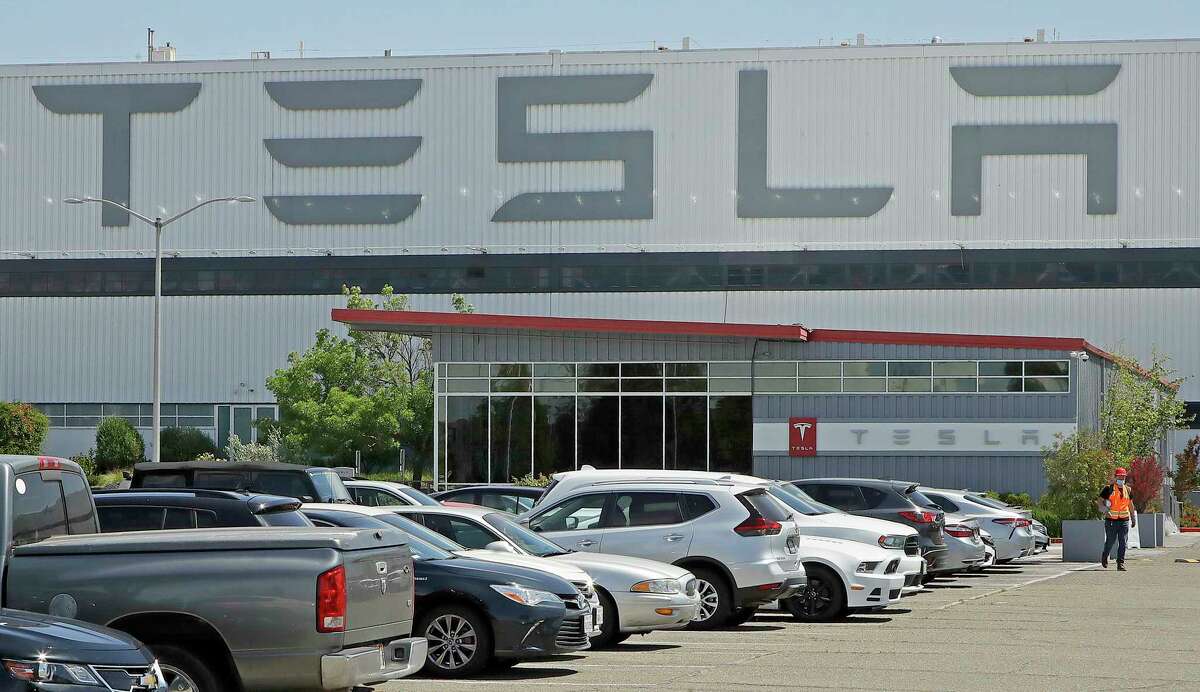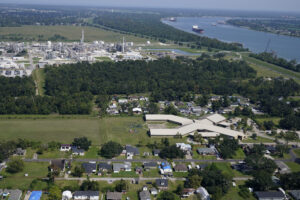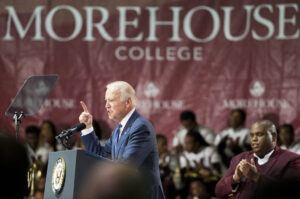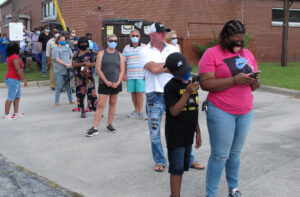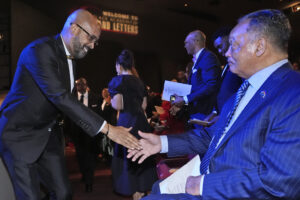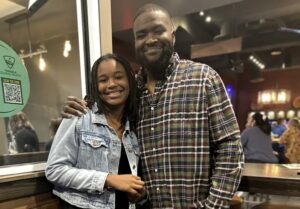The state Supreme Court on Wednesday allowed minority workers at Tesla’s assembly plant in Fremont to seek a court order requiring the electric-car manufacturer to acknowledge a climate of racial discrimination at the plant and take steps to end it.
The justices unanimously denied review of Tesla’s appeal of a lower-court ruling in January that allowed two Black employees to sue the company for damages, rather than going to arbitration, for their treatment at the factory. That ruling, by the First District Court of Appeal in San Francisco, also allowed them to request a public injunction that would require Tesla to change its practices for all workers.
The appellate ruling, apparently the first in California to authorize a public injunction against racial discrimination in the workplace, became a binding precedent for trial courts statewide after the Supreme Court’s action Wednesday.
Bryan Schwartz, a lawyer for the plaintiffs, said the court rejected “Tesla’s latest attempt to stall the prosecution against the company for its despicable race discrimination and harassment against Black workers.” He said the damage suit would proceed as a class action, potentially on behalf of thousands of present and past employees.
A representative of Tesla was not immediately available for comment.
Tesla, owned by billionaire Elon Musk, has been hit with multiple claims of racial bias at the Fremont plant.
The California Civil Rights Department has filed a suit accusing the company of violating state laws against racial discrimination. Last week, a federal jury in San Francisco awarded $3.175 million in damages to Owen Diaz, who said he was repeatedly called racist names and subjected to abuse during 9½ months of employment at the Fremont plant.
In court filings, Tesla denied any knowledge of racist acts against Diaz, also denied failing to protect Black employees and said it did not hesitate to address racial abuse at the factory when it arose.
In Wednesday’s case, lawyers for the company argued that the two workers were required to take their individual discrimination claims to an arbitrator, rather than suing for damages on behalf of themselves and others, based on the contracts they signed when they were hired. Arbitration proceedings are held in private, the decisions are virtually unappealable, and studies have found that arbitrators’ rulings usually favor businesses — their frequent customers.
But the appeals court said the injunction the employees were seeking would have effects far beyond the individual relations with Tesla that they had agreed to arbitrate.
Employment discrimination “harms the public at large,” Justice Mark Simons wrote in the 3-0 ruling. “An injunction against further employment discrimination … would inure to the benefit of not only current Tesla employees, but to the benefit of their families and their communities, as well as to the benefit of future Tesla applicants and employees.”
The case is Vaughn v. Tesla, S278613.
Reach Bob Egelko: begelko@sfchronicle.com; Twitter: @BobEgelko

